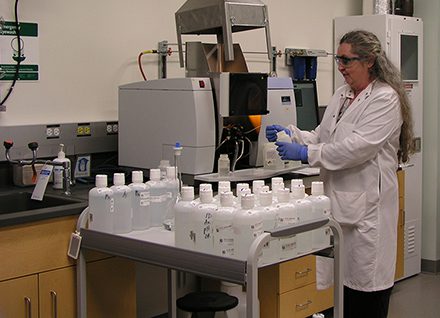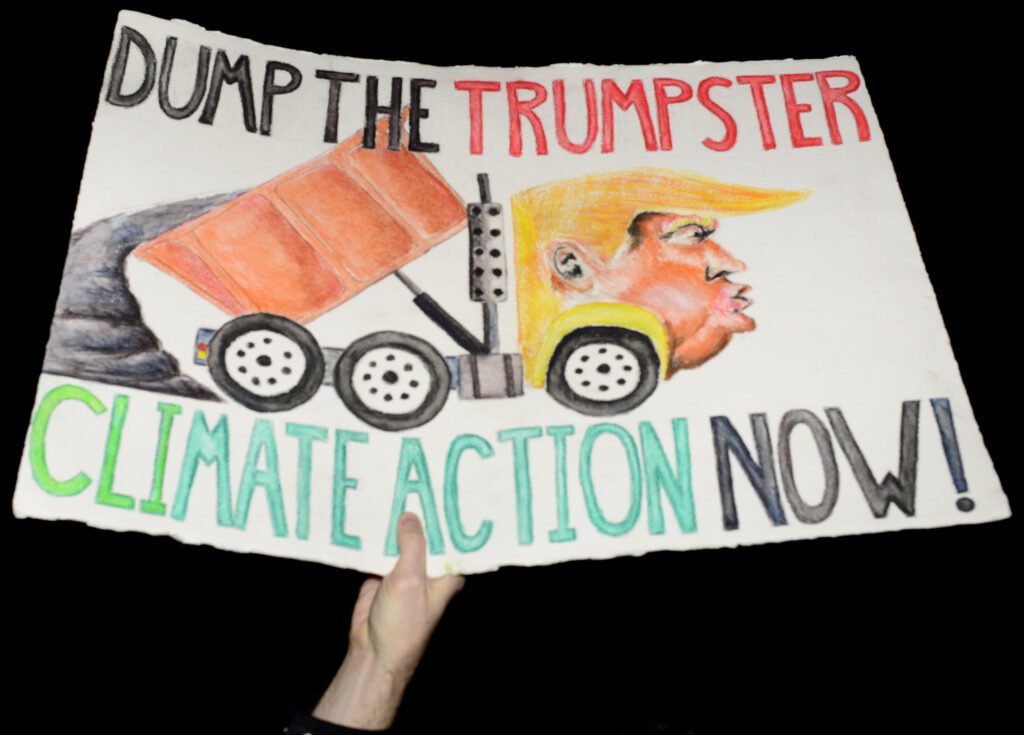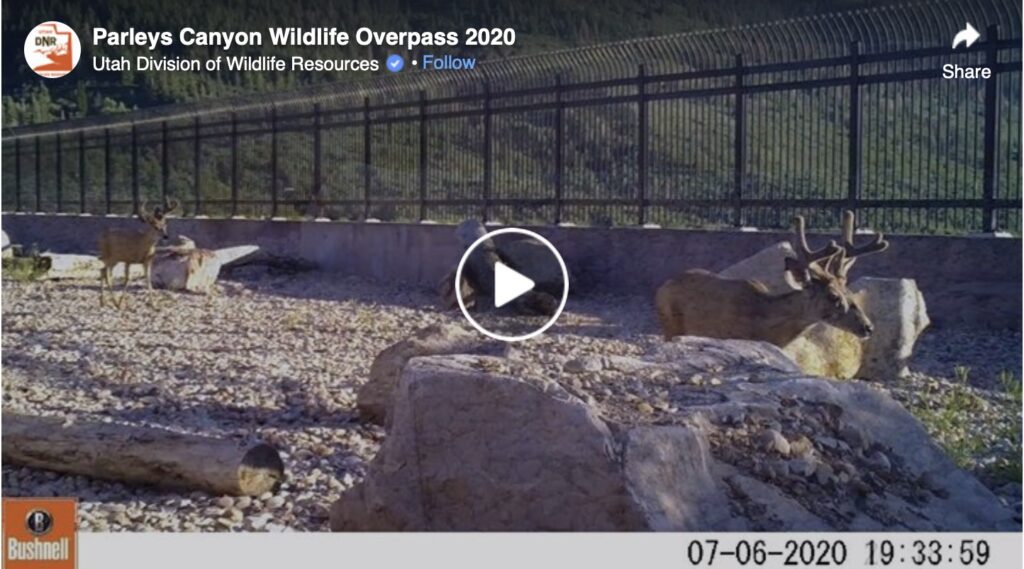


For years, Michael McCabe lobbied against proposed regulations for DuPont’s toxic PFAS chemical PFOA.
By Reynard Loki, Independent Media Institute
4 min read
The Biden transition team has named Michael McCabe as a volunteer member of its agency review team at the Environmental Protection Agency (EPA), where he served as the deputy administrator under President Bill Clinton in 2000. The appointment has raised the ire of environmentalists and public health advocates because McCabe, after serving at the EPA, led chemical giant DuPont’s defense against an EPA lawsuit of perfluorooctanoic acid (PFOA).
A pollutant that has been detected in humans and wildlife, PFOA—known colloquially as C8—is used in a number of industrial applications, including textiles, upholstery, carpeting, fire fighting foam and DuPont’s brand of non-stick cookware, Teflon. Known as a “forever chemical” because it can’t be broken down, C8 has been linked to numerous serious medical problems in humans, including kidney cancer, testicular cancer, ulcerative colitis, thyroid disease, high cholesterol, and pregnancy-induced hypertension.
In 2001, after a lawsuit filed by a West Virginia farmer whose cows died after exposure to C8, the EPA was petitioned to regulate the chemical under the Toxic Substances Control Act “on the grounds that it ‘may be hazardous to human health and the environment.’” And indeed, documents reveal that DuPont was aware that their chemical was harmful since the early 1960s, but C8 is still unregulated by the federal government.
Had it not been for McCabe and DuPont’s lobbying team, the nation might have been spared from the ongoing health and environmental crisis created by this destructive chemical, which ends up in soils and waterways, where it accumulates in fish and other wildlife all the way up the food chain to humans.
“It should go without saying that someone who advised DuPont on how to avoid regulations is not someone we want advising this new administration,” writes famed environmental justice lawyer Erin Brockovich in an opinion piece in the Guardian.
President-elect Biden “says we need to listen to the science,” writes Brockovich. “Are you really listening to the science or are you listening to an industry insider, who is controlling the message? With a lack of federal guidance on these dangerous chemicals, states have been left to create their own rules to enforce guidance and regulations. This chemical, and others like it, have been poisoning us for decades. Now is the time to act. … Let us not forget where these chemicals came from and who is responsible for putting them in our environment. Let us not bring the fox back into the hen house. DuPont executives should have no place in the Environmental Protection Agency.”
- Sign the petition urging President-elect Joe Biden to drop Michael McCabe and all corporate industry insiders from his cabinet and transition team.
Cause for concern…

- Trump races to weaken environmental and worker protections before January 20 (Isaac Arnsdorf, ProPublica)
- A billion birds at risk as Trump officials move to relax rules on killing them (Bobby Magill, Bloomberg Law)
- Trump administration takes grey wolves off the endangered list (The Economist)
- Wildfire smoke is poisoning California’s kids, with potentially grave effects over the course of their lives (Somini Sengupta, The New York Times)
- 16 Georgia Superfund sites threatened by climate-linked extreme weather (David Hasemyer, InsideClimate News)
Round of applause…

- ‘It’s working!’: Pics show animals aren’t afraid to cross Utah’s new ‘Critter Bridge’ (Tod Perry, Upworthy)
- Environmental justice champion Mustafa Santiago Ali could lead Biden’s White House Council on Environmental Quality (Jennifer A. Dlouhy and Ari Natter, Bloomberg Green)
- After election: making the endangered species act more effective (University of Vermont, ScienceDaily)
- Coronavirus should inspire us to rewild cities to better support our children (Cristina Monteiro, Dezeen)
- Photographer Cristina Mittermeier on dedicating her life to the ocean (Lale Arikoglu and Meredith Carey, Condé Nast Traveler)
Parting thought…

“It is up to us to take care of this planet, it is our only home. To betray nature is to betray us. To save nature is to save us.” —Prince Ea
Earth | Food | Life (EFL) explores the critical and often interconnected issues facing the climate/environment, food/agriculture and nature/animal rights, and champions action; specifically, how responsible citizens, voters and consumers can help put society on an ethical path of sustainability that respects the rights of all species who call this planet home. EFL emphasizes the idea that everything is connected, so every decision matters.
Click here to support the work of EFL and the Independent Media Institute.
Questions, comments, suggestions, submissions? Contact EFL editor Reynard Loki at [email protected]. Follow EFL on Twitter @EarthFoodLife.